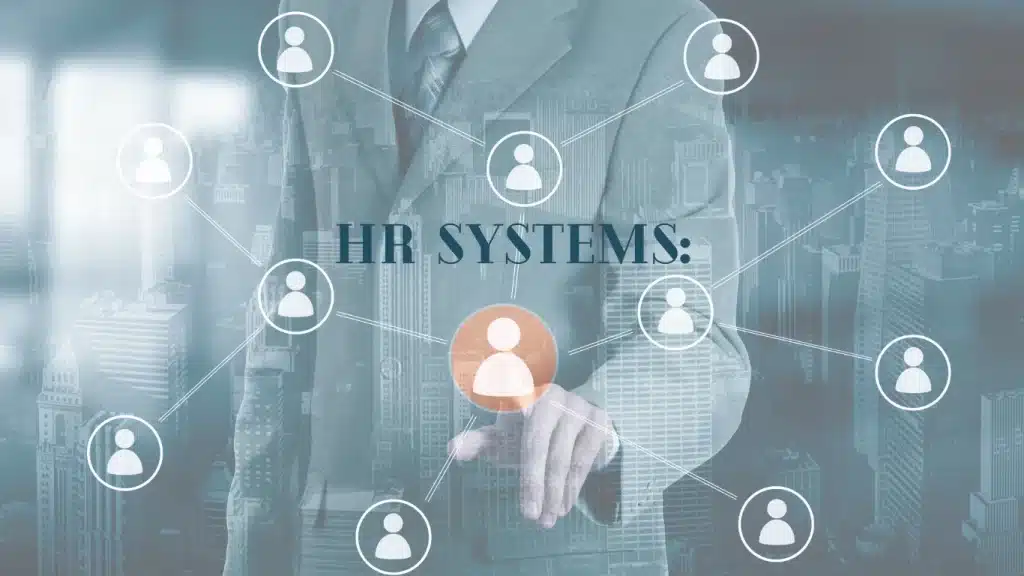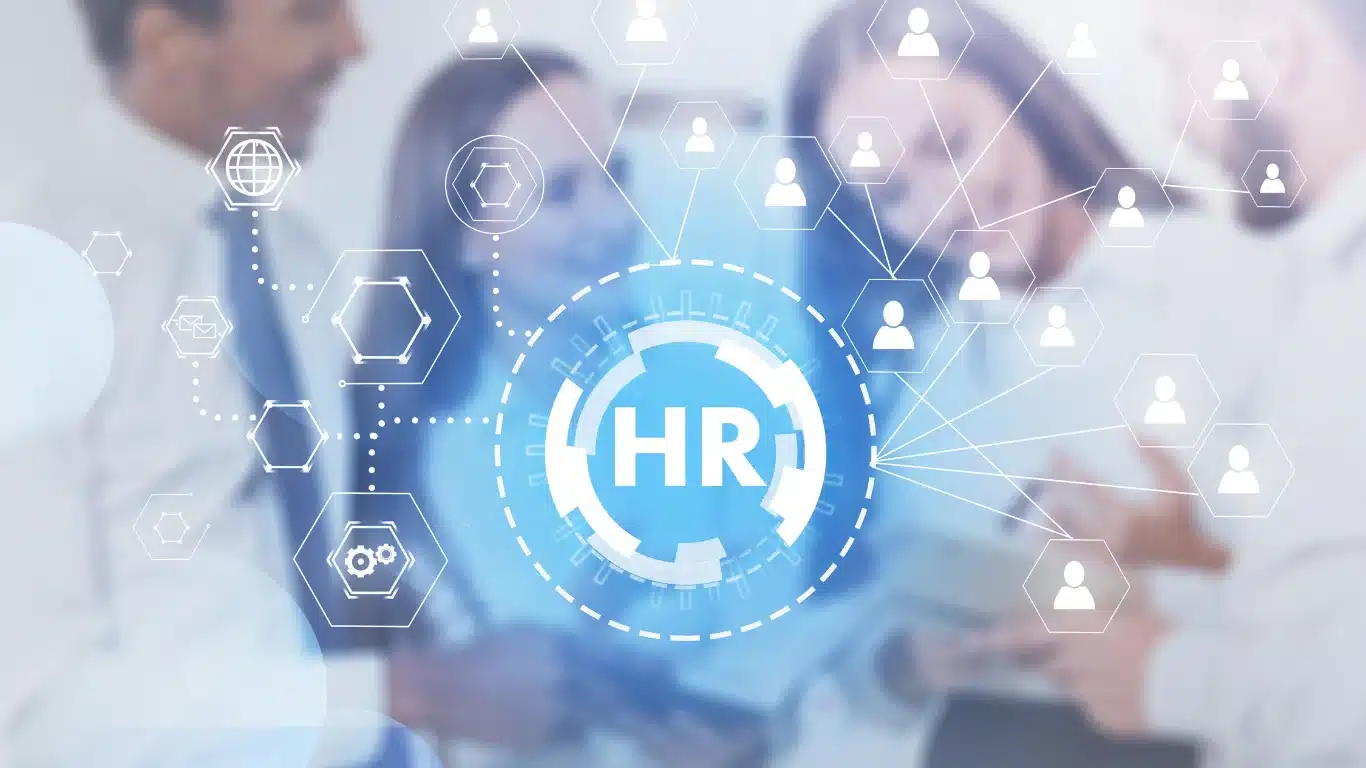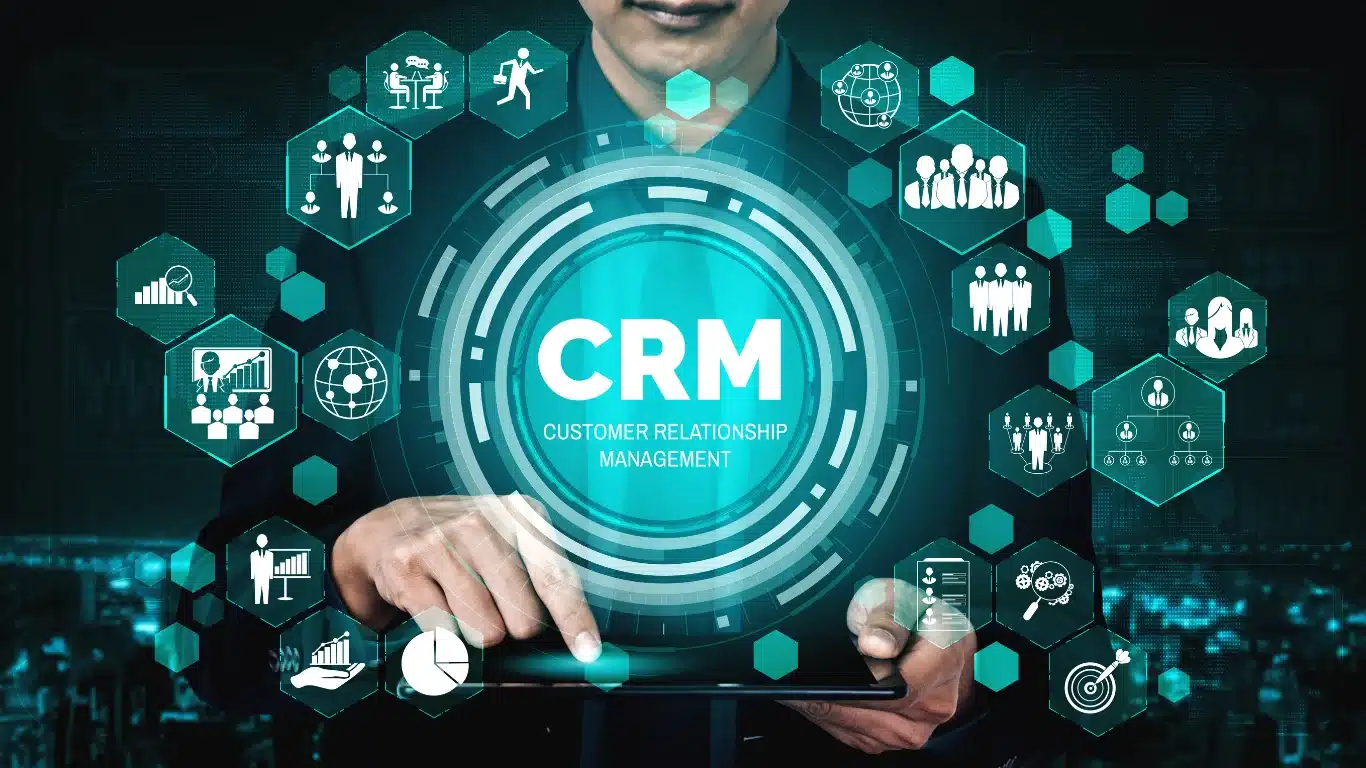As businesses evolve and modernize, managing human resources becomes increasingly complex. To streamline HR processes and enhance efficiency, organizations turn to HR systems. These systems are built to automate and optimize daily HR tasks, from recruitment and onboarding to performance management and employee engagement. In this guide, we will delve into the world of HR systems, exploring the common types available and uncovering the best solution for your organization.
Types of HR Systems
There are several HR systems to choose from, each catering to different HR needs. The most common styles include.
- HRIS (Human Resource Information System) – HRIS is a comprehensive HR system that serves as a centralized database for all HR-related information. HR professionals can manage employee data, track performance, administer benefits, and generate reports. With HRIS, organizations can streamline their HR processes and eliminate manual paperwork, increasing efficiency and accuracy.
- ATS (Applicant Tracking System) – An ATS aims to simplify and streamline the recruitment process. HR professionals can manage job postings, track applicants, and collaborate with hiring managers. ATS also enables automated resume screening and integration with job boards, saving valuable time and ensuring a more efficient hiring process.
- LMS (Learning Management System) – LMS is an HR system that focuses on employee training and development. It provides a platform for organizing, delivering, and tracking training programs. Organizations can create and manage online courses with LMS, track employee progress, and assess learning outcomes. This ensures employees receive the relevant training to enhance their skills and contribute to the organization’s growth.
HR System Examples

Now that we have discussed the types of HR systems, let’s look at some popular examples.
HRIS (Human Resource Information System)
One of the most widely used HRIS is BambooHR. With its user-friendly interface and robust features, BambooHR simplifies HR management by providing tools for employee onboarding, time-off tracking, performance management, and more. Another notable HRIS is Workday, which offers a comprehensive suite of HR solutions, including talent management, payroll, and workforce planning.
ATS (Applicant Tracking System)
Greenhouse is a robust ATS that helps organizations streamline their recruitment process. It offers candidate sourcing, interview scheduling, and collaborative hiring features. Another popular ATS is Lever, which provides a modern and intuitive platform for end-to-end hiring, from sourcing candidates to making offers.
LMS (Learning Management System)
When it comes to LMS, Cornerstone OnDemand is a top choice. It offers a robust learning platform with content creation, delivery, and tracking features. Another notable LMS is TalentLMS, which provides a user-friendly interface and customizable options for creating and delivering online courses.
What to consider when choosing an HR Software System?
When selecting an HR system for your organization, it is crucial to consider the features that align with your specific HR needs. Here are some key features to consider:
- Integration Capabilities
An HR system should seamlessly integrate with other software and techniques used within your organization, such as payroll, time tracking, and performance management tools. This ensures a smooth data flow and eliminates the need for manual data entry.
- Scalability
Choose an HR system that can grow with your organization. As your business expands, you will need an HR system to handle increased employee data, additional features, and higher user volumes.
- Customization Options
Every organization has unique HR requirements. Look for an HR system that offers customization, allowing you to tailor the features to fit your company’s needs. This includes customizable fields, workflows, and reporting capabilities.
Benefits of Implementing an HR System
Implementing an HR system can bring numerous benefits to your organization. Let’s explore some of the key advantages.
- Increased Efficiency

By automating manual HR tasks, such as data entry and benefits administration, an HR system frees up valuable time for HR professionals. This enables companies to concentrate on strategic initiatives and improve employee engagement, resulting in higher productivity and efficiency.
- Better Accuracy
The manual HR processes are prone to errors, such as data entry mistakes and misplaced paperwork. An HR system eliminates these errors by providing a centralized database and automated workflows, ensuring accurate and up-to-date HR information.
- Enhanced Compliance
HR systems often have built-in compliance features, such as automatic tax calculations and regulatory reporting. This solution can help organizations maintain compliance with labour laws and regulations, mitigating the risk of penalties and legal issues.
Steps to Implement an HR System in Your Organization
Implementing an HR system requires careful planning and execution. Here are the key steps to follow.
- Assess Your HR Needs – Before selecting an HR system, assess your organization’s HR needs and goals. Identify the pain points and determine the specific features and functionalities required.
- Research and Evaluate HR System Providers – Research and evaluate different HR system providers to find the one that best fits your organization’s needs. Consider factors such as features, user-friendliness, customer support, and cost.
- Plan the Implementation Process – Develop a detailed implementation plan, including timelines, tasks, and responsibilities. Assign a group to oversee the implementation process and communicate effectively with all stakeholders.
- Data Migration and System Configuration – Migrate existing HR data to the new system and configure the system according to your organization’s requirements. To ensure the smooth functioning of a system, it is essential to set up user roles and permissions, define workflows, and customize fields.
- Training and User Adoption – Provide comprehensive training to HR professionals and employees using the system. Encourage user adoption by highlighting the benefits and providing ongoing support and resources.
- Monitor and Evaluate – Monitor the performance and effectiveness of the HR system after implementation. Collect feedback from users and stakeholders and make necessary adjustments and improvements.
Comparison of Popular HR System Providers
When it comes to choosing an HR system provider, there are several options available in the market. Let’s compare some popular providers.
BambooHR
BambooHR offers a user-friendly HRIS with comprehensive features for managing employee data, time-off tracking, performance management, and more. It suits small to medium-sized businesses looking for an intuitive, affordable HR solution.
Workday
Workday is a leading HRIS provider, offering a comprehensive suite of HR solutions, including talent management, payroll, and workforce planning. It is suitable for larger organizations with complex HR needs.
Greenhouse
Greenhouse is a powerful ATS that simplifies the recruitment process with features such as candidate sourcing, interview scheduling, and collaborative hiring. It suits organizations of all sizes looking for an efficient and modern ATS.
Lever
Lever provides a modern and intuitive platform for end-to-end hiring, from sourcing candidates to making offers. It offers features like candidate relationship management and collaborative hiring. The lever suits organizations looking for a user-friendly ATS with advanced features.
Evaluating the Cost of an HR System
When evaluating the cost of an HR system, it is essential to consider both upfront and ongoing expenses. Here are some key cost factors to consider:
- Software Licensing Fees
Most HR system providers charge a licensing fee based on the number of users. Consider the number of employees using the system and the associated licensing costs.
- Implementation and Setup Costs
Implementation and setup costs include data migration, system configuration, and training. These fees will vary depending on the intricacy of your HR issues and the extent of customization required.
- Support and Maintenance Fees
Consider the ongoing support and maintenance fees associated with the HR system. This includes access to customer support, system updates, and maintenance services.
- Integration Costs
Consider the integration costs if you require integration with other software or systems, such as payroll or time tracking. Some providers may charge additional fees for integrating their HR system with third-party applications.
Common Challenges in Implementing an HR System
- Resistance to Change
Employees may resist adopting a new HR system due to fear of change or lack of familiarity. To overcome this, communicate the new system’s benefits, provide comprehensive training, and offer ongoing support during the transition period.
- Data Migration Issues

Migrating existing HR data to a new system can be complex and time-consuming. To ensure a smooth data migration, thoroughly clean and validate the data before the migration process. Test the migration process with a smaller sample of data before migrating the entire dataset.
- Lack of User Adoption
If employees do not fully adopt the HR system, its benefits may not be realized. To encourage user adoption, provide comprehensive training, offer ongoing support, and highlight the positive impact the system can have on their daily work.
- Lack of System Integration
If the HR system does not integrate seamlessly with other software or systems used within the organization, it can lead to data duplication and inefficiencies. To overcome this, carefully evaluate the integration capabilities of the HR system before implementation and ensure compatibility with existing systems.
Conclusion: Choosing the Best HR System for Your Organization
Implementing an HR system can revolutionize how your organization manages its human resources. An HR system can significantly streamline HR processes and contribute to overall business success by automating manual tasks, improving accuracy, and enhancing efficiency. When choosing an HR system, consider your organization’s specific HR needs, evaluate different providers, and carefully assess the costs and benefits. With the right HR system in place, you can unlock the maximum potential of your workforce and take your organization to new heights.





